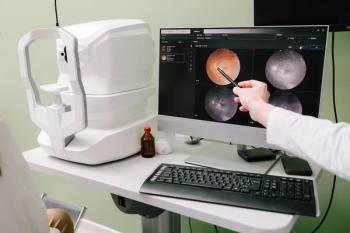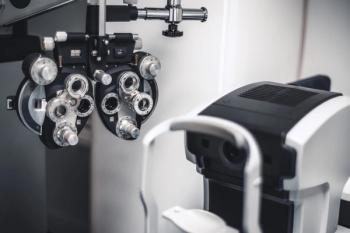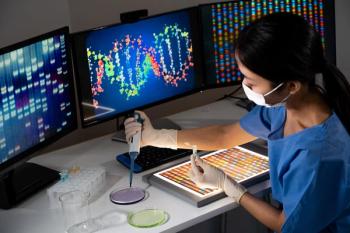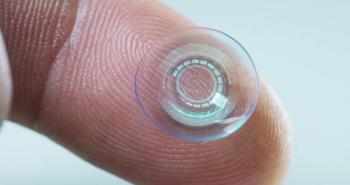
AAOpt 2025: A case-based approach to IRDs
Andrew Rixon, OD, FAAO, gives an overview of one of his presentations at AAOpt's Academy 2025.
Andrew Rixon, OD, FAAO, an optometrist from Memphis, Tennessee, presented a detailed overview of inherited retinal diseases (IRDs) at the American Academy of Optometry (AAOpt) Academy 2025 meeting in Boston, Massachusetts. Collaborating with copresenters Chris Kuc, OD; Jessica Haynes, OD, FAAO; and Rachel Steele, OD, Rixon highlighted the evolving landscape of diagnosing and managing IRDs. The presentation emphasized the significant advancements in genetic testing, which has transformed the understanding and approach to these rare yet prevalent conditions. Approximately 5.5 million people worldwide are affected by IRDs, making optometrists critical first-line health care providers in identifying and managing these diseases.
Rixon outlined a comprehensive approach to IRD diagnosis, beginning with a thorough patient history and leveraging advanced multimodal imaging techniques. The Heidelberg Spectralis, for instance, offers near-infrared and fundus autofluorescence modes that help visualize retinal pigment epithelium dysfunction. By analyzing these imaging patterns, clinicians can potentially narrow down specific genetic markers.
A key component of the presentation was the genetic testing process. Through a partnership with the Foundation Fighting Blindness and PreventionGenetics, optometrists can now provide patients with free genetic testing using a 110-gene retinal panel. Patients can submit either a buccal swab or saliva sample, with results providing crucial insights into their condition. Genetic counseling, facilitated through a partnership with InformedDNA, adds another layer of comprehensive care. This approach not only addresses the eye-specific manifestations but also explores potential systemic health implications associated with specific genetic mutations.
Rixon also briefly touched on the emerging role of artificial intelligence in optometry, acknowledging its potential for decision support while noting the current limitations in specific applications for IRD phenotype analysis. The overarching message of the presentation was the importance of a holistic, technologically advanced approach to inherited retinal diseases. By combining detailed patient history, sophisticated imaging techniques, accessible genetic testing, and comprehensive counseling, optometrists can provide more accurate diagnoses, personalized treatment plans, and improved patient outcomes. This approach represents a significant shift from historical diagnostic methods, offering hope and more precise management strategies for patients with these complex genetic conditions.
Newsletter
Want more insights like this? Subscribe to Optometry Times and get clinical pearls and practice tips delivered straight to your inbox.















































